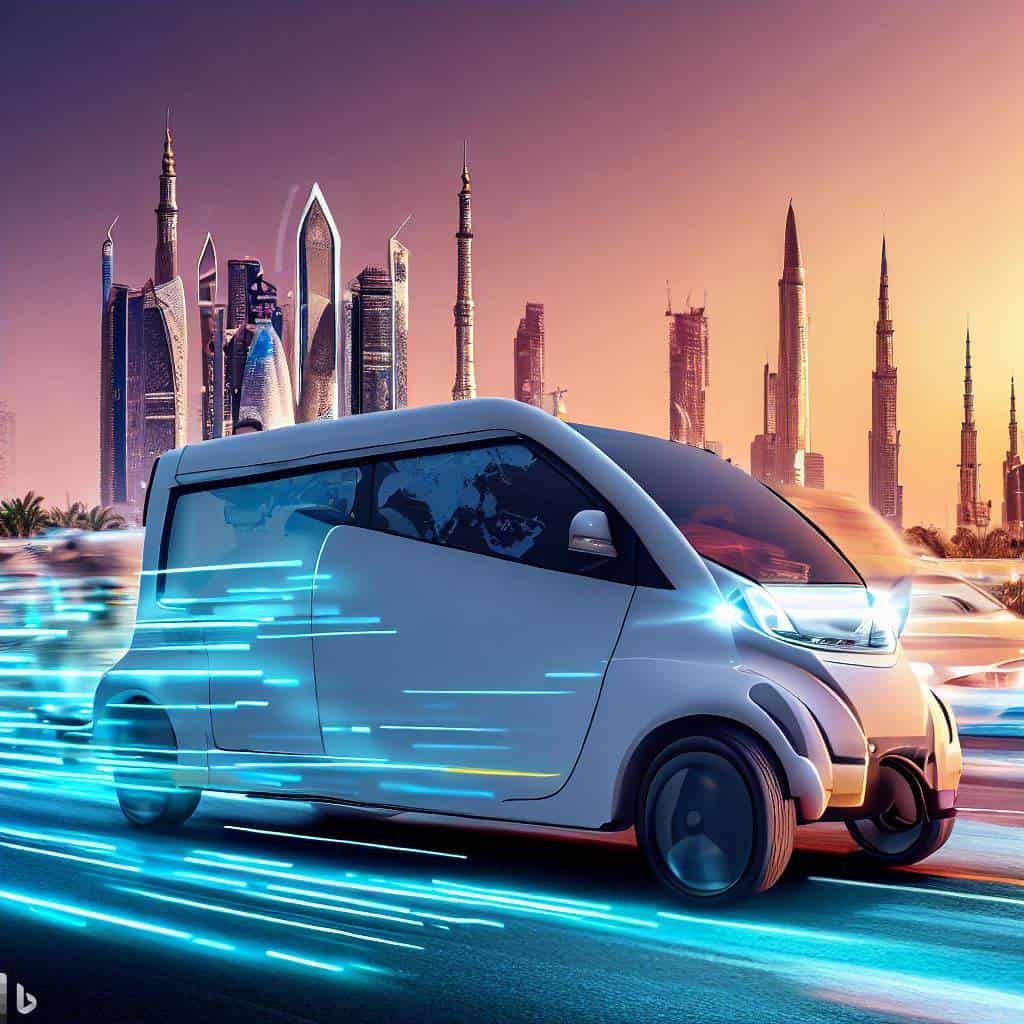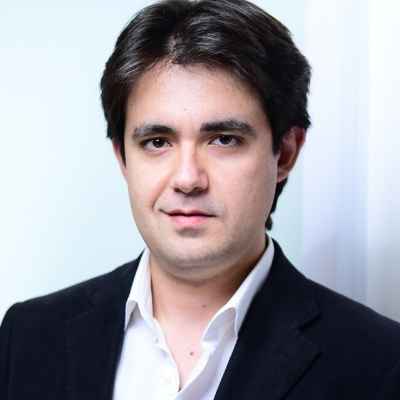
Electric Mobility Course: Focus on MENA
Target Audience:
- EV industry new joiners
- Electrical and Automotive Engineers
- Business Developers with interest to develop business in EVs
- University Students
Roles this training helps me to assume:
- EV Specialist
- Business Development Director/Manager/Analyst – EVs
- Market Analyst – Electric Mobility
- Sales Associate/Manager/Director – EVs
- Start-up founder
Skills I will gain:
- Understand the e-mobility ecosystem and key drivers
- Understand the Middle Eastern policies that enable/hender EVs adoption
- Be able to run economical calculations and comparisons to justify conversion towards EVs
- Be able to calculate the carbon footprint of the EV lifecycle in multiple scenarios
- Learn how to convert a business idea to a business model and commercialize it
Outline:
Session 1:
- Introduction to E-Mobility
-
- History of electric mobility
- Taxonomy, Acronyms
- Why do we need electric mobility?
- Different types of e-mobility(E-Car. Truck. Scooter ,E-Bike, E-Boat,…..)
- E-Mobility Markets
-
- Global EV market
- Regional EV market (MENA region)
- Case studies: Overview of the e-mobility market in each of the Arab countries (KSA, Jordan, Oman, UAE, Egypt, Morocco).
- Overview of EV Types
-
- Electrification Types (BEV, E-REV (Range Extender), Hydrogen FC)
- EV Anatomy
- Technology Trends: Solar EVs, Battery technology, Types of Batteries and recent developments
- Relationship: battery capacity and charging power
- Advantages and Disadvantages EV (Range , Charing time, Battery capacity)
Session 2:
- Charging Infrastructure
-
- Introduction to Charging Infrastructure (Technically and economically)
- Standardization of charging and Socket types
- Charging type (Cable,inductive,Battery swapping, Hydrogen Infrastructure quick overview)
- Socket type( push socket(Schuko) ,Typ1, Typ2,CCS, CHAdeMo)
- Charging modes 1,2,3,4
- Classifications of charging (Charging Location)
- Charge type
- Fast-normal Charging (Power Level)
- Players of the charging infrastructure
- CPO (Charge Point Operator)
- MSP(Mobility-Service-Provider)
- RSP(eRoaming-Service-Provider)
- Communication: electric vehicle and charging station
- IEC 61851 (pwm)
- ISO 15118 (Digital High Level Protocol)
- Smart charging
- DLM (Dynamic load management)
- Authentication and billing methods
- Normal(App, credit card, RFID )
- Autochrage
- 15118 (Plug&Charge)
Session 3:
- E-Mobility Ecosystem Mapping
-
- OEMs
- CPOs
- RSPs
- Charging manufacturers
- Vehicle manufacturers
- Dealerships
- Government
- Policymakers
- Quality and certifications
- Utilities
- End-users
- Individuals
- Fleet owners and operators
- Case study: Choose an Arab country and develop a stakeholder mapping showing the role of each of the stakeholders in the EV ecosystem in the chosen country.
- Key Enablers
Session 4
- E-mobility Business Models
-
- EVs
- EVs rent
- EVs Leasing for private and companies
- EVs service?
- Last Mile?
- Maintenance & Service?
- CP
- Charging manufacturers (AC-DC)
- CPO
- CPO Service (IT-Backend )
- MSP
- RSP(with Hubject )
- Charging Station Service (Installation,maintenance,… )
- EVs
Session 5
- Innovation Potential in the EVs
-
- What is innovation?
- Types of Innovation
- The Innovation Process:
- Finding the problem
- Developing the solution
- Commercialization: From Innovation to Entrepreneurship
- Case Study: Choose an Arab country and develop two scenarios for the EV market in the selected country
Speakers
-
 Moneef BarakatCEO
Moneef BarakatCEOMoneef Barakat is the Managing Director of Solarabic, a consulting, training, and capacity-building service provider based in Berlin, Germany. He is an engineer with an MBA degree from ESMT Berlin.
Moneef has 15 years of experience in the energy sector, focusing on Clean-tech and Ed-tech to expedite the Zero-Carbon transition in the EMEA region. He managed more than 8 GWs of solar and energy storage projects in various stages, including manufacturing, greenfield development, EPC, and O&M.
Moneef is passionate about transferring successful energy transition programs to the MENA region to foster the adoption of new clean energy and transportation technologies. He focuses on PV and BESS Technology, Operations & Maintenance, and circular economy.
-
 Ahmed Samir ElbermbaliSustainability Lead
Ahmed Samir ElbermbaliSustainability LeadAhmed is a seasoned professional in the sustainability and clean energy industry, currently serving as the Sustainability Market Leader for the Middle East Region at Bureau Veritas. He is a trusted advisor to clients across the region, helping them to establish and achieve their net-zero goals. Ahmed has a deep understanding of the clean energy and sustainable mobility sectors, having served as the Zero-Emission Vehicles (ZEV) Lead at the UN Climate Change High-Level Champions, where he promoted and advocated for the ZEV Declaration launched at COP26 in Glasgow. The Declaration aims to accelerate the transition to ZEVs by 2035 in leading markets and 2040 in emerging markets. He also served as the Managing Director of the MENA Clean Energy Business Council (CEBC), a non-profit organization dedicated to promoting clean energy and clean technologies and solutions in the MENA region. At CEBC he launched several initiatives and working groups and co-authored multiple research pieces and white papers around Climate Finance, Venture Capital in Climate Tech, Electric Mobility, Energy Efficiency and others.
With an MBA in Sustainable Mobility Management from the Technical University of Berlin, Ahmed’s research interests lie at the intersection of policy, technology, and consumer behavior, and how they can be leveraged to accelerate the transition to clean energy and sustainable mobility sectors. He is committed to helping businesses and organizations achieve their sustainability goals, and drive the global transition to a more sustainable future. -
 Haithm ThabiteMobility Production & Quality Manager
Haithm ThabiteMobility Production & Quality ManagerM. Haitham Thabet holds a master’s degree in Renewable Energy Engineering from HTW Berlin, Germany. Specialized in electric mobility, solar energy systems, wind energy and hydrogen energy.
An expert in the field of sustainability and clean energy. He worked with Ebee Bender Group for seven years in the position of Project and Quality Manager in the development of electric charger systems and currently holds the position of an engineer for the development of electric charger systems.




